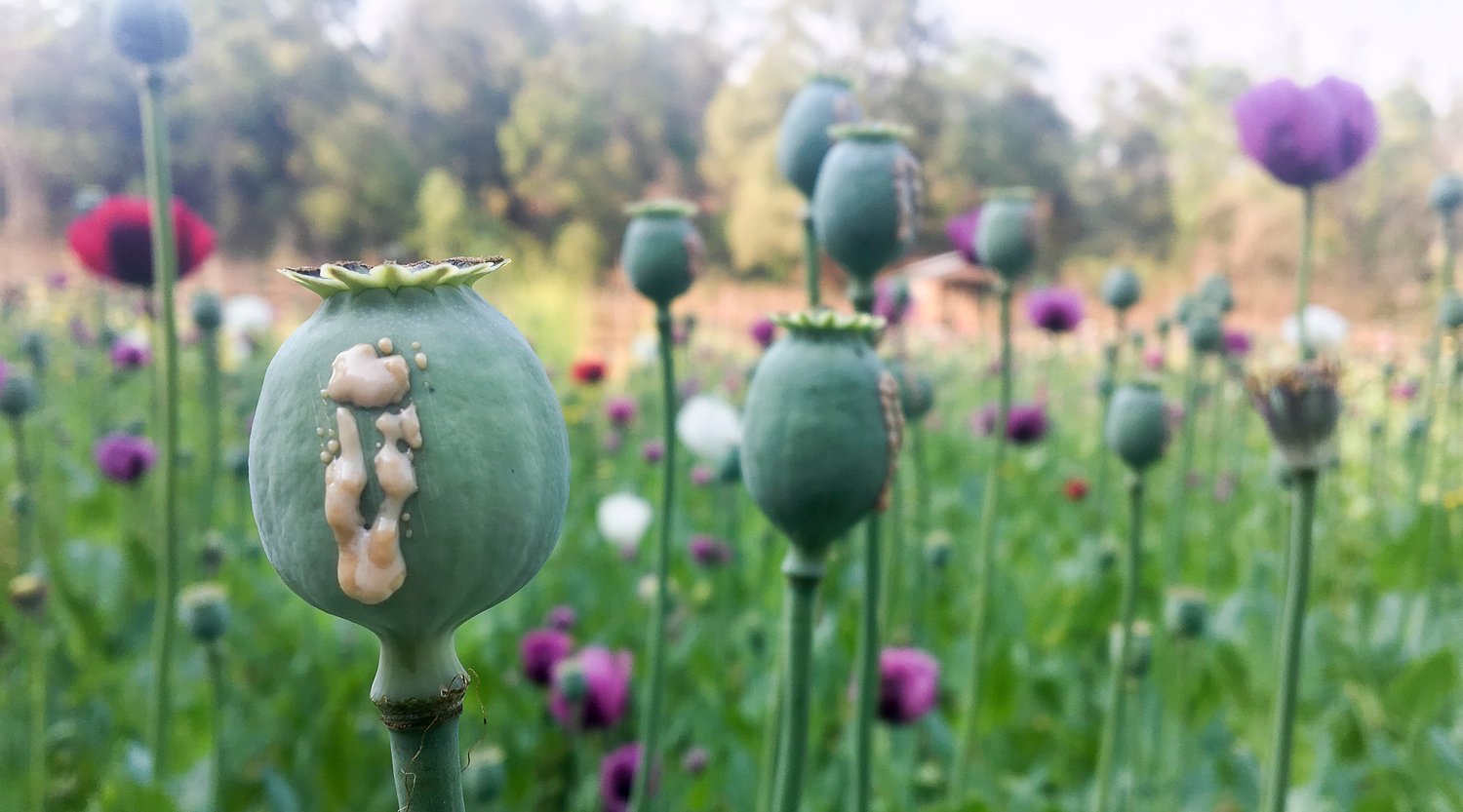By Jakob Manthey, Jürgen Rehm,and Uwe Vertheina
With the enforcement of the Cannabis Act on 1 April 2024, Germany has adopted one of the most liberal legal approaches to cannabis on the continent. The German model prioritises a non-profit approach and precludes legal market mechanisms. We believe these are the main drivers for increasing cannabis use and related health problems, based on observations following cannabis legalisation in Canada and many states in the U.S. Although legalising cannabis possession and cultivation may not immediately eliminate the illegal market, it is expected to serve public health goals. Despite the overall positive evaluation of the Cannabis Act in Germany, there are three potential areas of concern: the potential for misuse of the medical system, the normalization of cannabis use, and the influence of the cannabis industry. The German model may herald the beginning of a new generation of European cannabis policies, but concerted efforts will be required to ensure that these policy reforms serve rather than undermine public health goals.
The LANCET Regional Health - Europe, Vol 42 July, 2024





